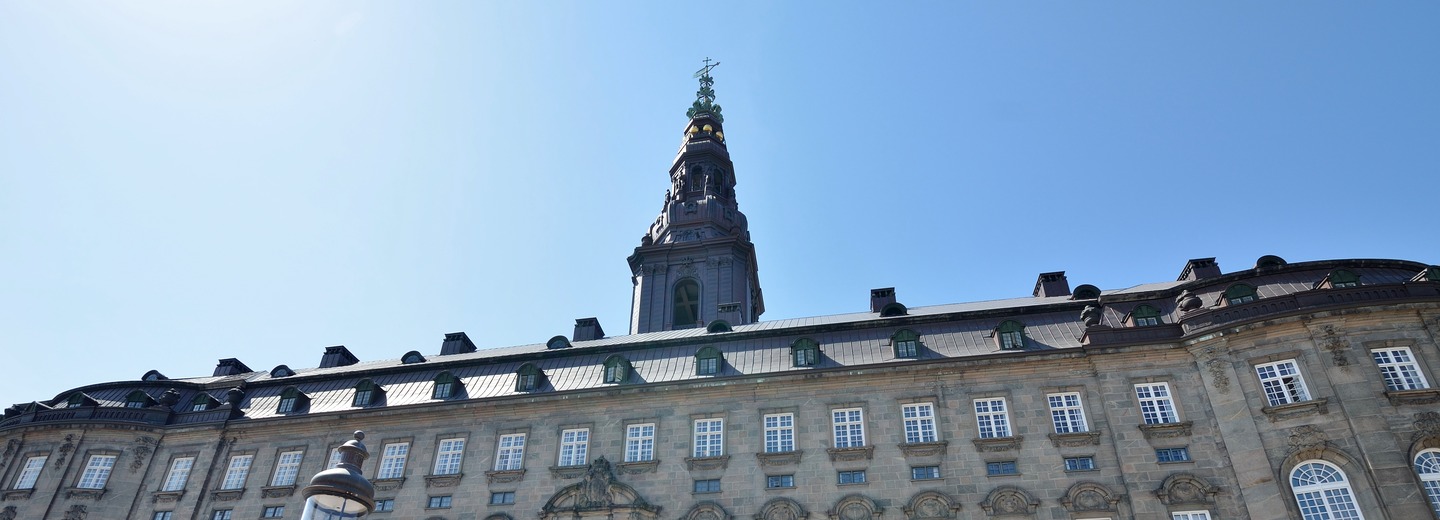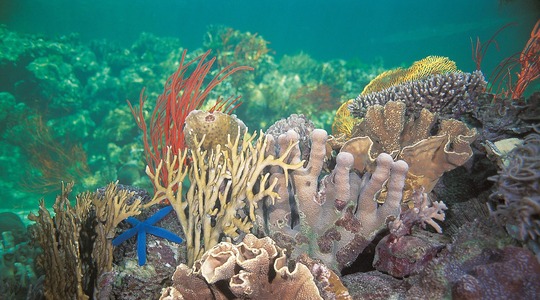
Grants given for international research stays
Independent Research Fund Denmark has just awarded five grants for international research stays. Two of the grant recipients are researchers from the Faculty of Business and Social Sciences at the University of Southern Denmark (SDU).
How can morality and political ideology go together? What moral words and arguments do party leaders use to moralise political topics?
These are the questions Professor Robert Klemmensen will look at when he studies the links between morality and politics in Denmark, the UK and Germany, funded by the Independent Research Fund Denmark | Social Sciences.
The Fund has also approved an international research stay to Professor Brooks Kaiser. She will be traveling to the University of British Columbia to study and boost our understanding of when and how we need to worry about ocean acidification. Acidification is one result of decreasing pH levels in the seas, which can cause problems for marine life such as coral reefs and mussels.
Please read the project descriptions below.
The link between morality and politics
Robert Klemmensen, Professor at the Department of Political Science and Public Management, has received DKK 288,000 for his project, "Morality and Party Competition".
Project description:
Political attitudes and behaviour are often explained as being the result of self-centred behaviour. But morality psychologists have been able to prove that we intuitively evaluate new political information in moral terms, and adapt our behaviour accordingly. What's more, they have also shown that moral evaluations are performed in five dimensions, which vary according to the individual. How we place ourselves in those dimensions influences which political ideology we believe in. In this project I want to study how the five moral dimensions are linked with political ideology in three European countries in this project: Denmark, the UK and Germany. Speeches made by party leaders are ideal for this project, as we can use them to study how leaders of political parties use moral words and arguments over time. This makes it possible to study how political ideology and morality go together. It will also be possible to study what mechanisms are able to explain when leaders of political parties decide to moralise a given political topic, as speeches by party leaders are on record from the 1950s onwards. Being able to understand how morality and politics are linked, and how political topics are moralised over time, gives us valuable insight into how party competition helps increase or reduce the likelihood of political compromise, because it is hard to achieve compromises in a highly-moralised environment.
Ocean acidification – balancing financial and ecological considerations

Brooks Kaiser, Professor at the Department of Sociology, Environmental and Business Economics, has received DKK 153,360 for her project "When and how to worry about ocean acidification: Bio-economic foundations for sustainable development goals”.
Project description:
Decreasing pH levels in the seas are expected to have major, yet very uncertain, effects on ecosystems and the natural resources found in them. Management of natural resources is currently based on bio-economic models, which use data on such factors as biological growth and market prices to estimate the future amount and value of such resources. But bio-economic models are not very good at making allowances for highly uncertain factors arising from the decreasing pH levels. When such factors are not taken into account, there is a risk of overlooking potential for much more sustainable utilisation of resources. Decision-makers therefore have no clear indication of when and how we ought to worry over decreasing pH levels. Researchers at the University of British Columbia are working with more sustainable utilisation of marine resources and bio-economic models for decreasing pH levels. During my stay, I will work with the UBC team to develop economic analysis programs able to combine the two approaches. They can be used to identify management systems based on actual ecological and economic trade-offs, and address the uncertainties of factoring in such things as the degree of utilisation of resources, strategies for risk minimisation and the application of labour and economic investment. This approach can expand focus from administration of natural resources in isolation, to sustained development of them in a wider context.
International research stays
Independent Research Fund Denmark has granted DKK 832,000 for five international research stays lasting three months or more.
The presence of Danish researchers abroad will promote the internationalisation of Danish research, whilst strengthening international collaboration between research institutions.
You can read more about which researchers granted an international research stay on the Fund's website (available in Danish).